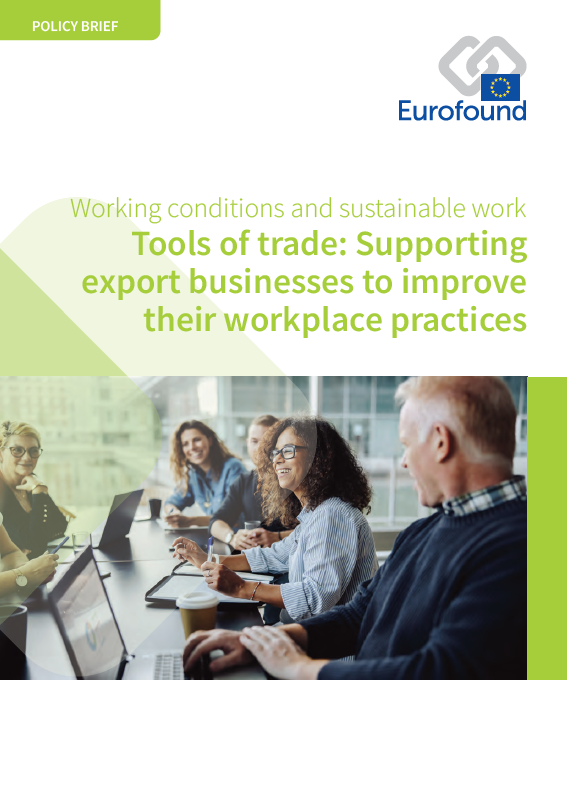
Se reconoce la contribución económica y al mercado laboral de las empresas internacionales, pero los responsables políticos podrían hacer más para ayudar a estas empresas a desarrollar sus actividades. Este informe de políticas analiza las prácticas en el lugar de trabajo de las organizaciones orientadas a la exportación que pueden contribuir a su éxito. También identifica los aspectos de sus prácticas en el lugar de trabajo que pueden dar lugar a resultados beneficiosos para todas las partes, es decir, que son mutuamente beneficiosos para empleadores y empleados. El análisis identifica los equipos multiculturales autónomos que se ocupan de la administración de empresas internacionales como una característica común de las organizaciones orientadas a la exportación. Se analizan las necesidades de capacidades de estos equipos, y cómo las organizaciones reclutan y forman a sus miembros. Se constata que la participación de los empleados en la toma de decisiones de la organización es un importante factor de mediación para la organización del trabajo.
Key findings
Only half of EU27 establishments with at least 10 employees exported products or services between 2016 and 2019, underlining the untapped potential of small establishments involved in global supply chains, including young international businesses (‘born globals’).
To encourage the development of export-oriented enterprises, it will be critical for policymakers to step up support for them in dealing with the challenges of international activities – particularly as the EU transitions to a digital and green economy.
A common feature of work organisation in export-oriented establishments are multicultural teams tasked with the management of the international business activities. To support enterprises better in establishing and managing such teams, policymakers can provide forums to exchange practices and lessons learnt and focus on management skills.
High-skilled staff are essential to export-oriented establishments, which need a blend of vocational, technological and administrative skills. Ensuring expertise specifically related to international business activities such as in foreign languages (beyond English), intercultural competences, and knowledge of the institutional and regulatory frameworks in other countries is crucial.
Table and figures
- Table 1: Most common types of internationalisation support at EU and Member State levels
- Figure 1: Export orientation of establishments in the EU27 (% of sales realised through customers in other countries), 2016–2019
- Figure 2: Schematic of elements of workplace practices possibly specific to export-oriented establishments
- Figure 3: Overview of win–win outcomes from workplace practices in export-oriented establishments, along a scale of beneficiaries (employer versus employees)
- Number of pages
-
24
- Reference nº
-
EF21003
- ISBN
-
978-92-897-2187-5
- Catalogue nº
-
TJ-AR-21-003-ES-N
- DOI
-
10.2806/375549
- Permalink
Cite this publication
Eurofound (2021), Tools of trade: Supporting export businesses to improve their workplace practices, European Company Survey 2019 series, Publications Office of the European Union, Luxembourg.
